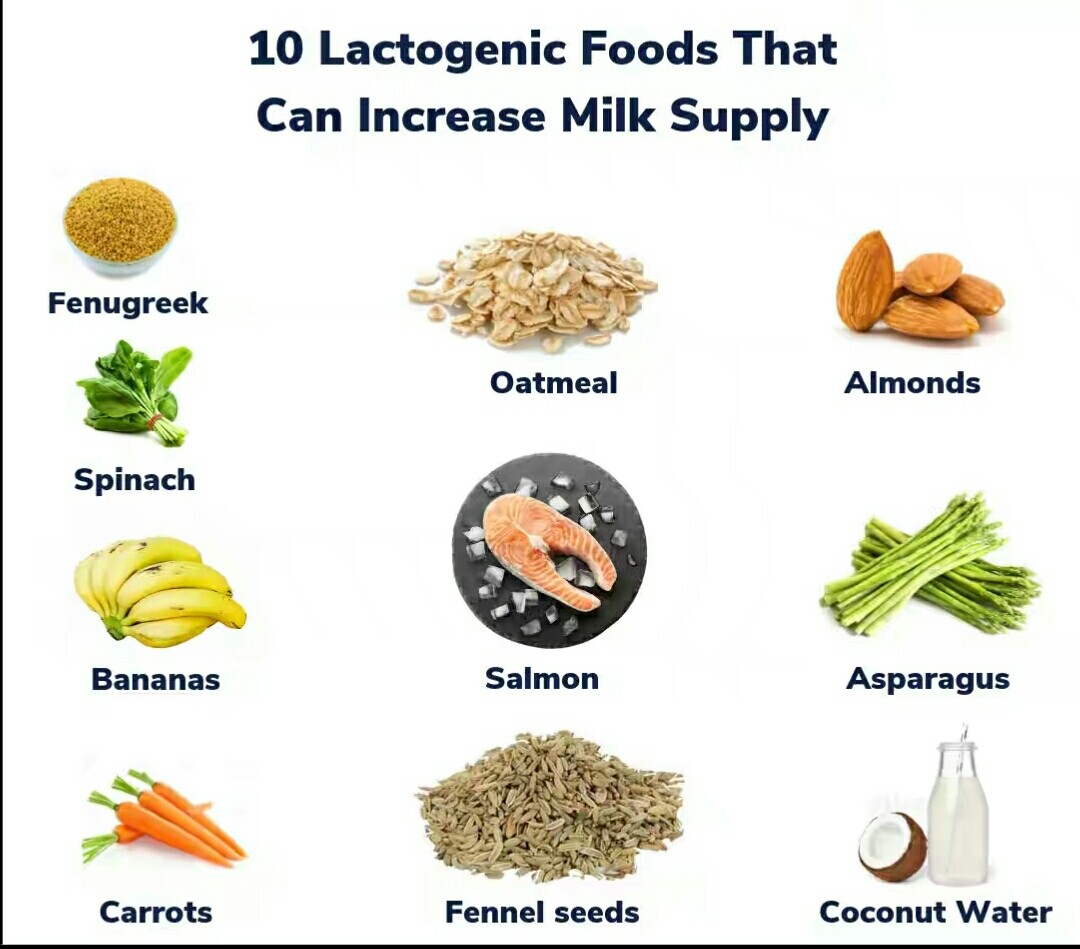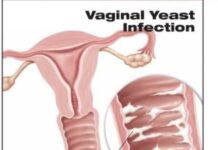Exclusive breastfeeding reduces infant mortality by 13% – Expert
- Highlighted the benefits of exclusive breastfeeding .
- Says malnutrition is responsible for 52 percent of diseases affecting children.
- Explains how exclusive breastfeeding reduces cost
- Explain how breastfeeding prevents infant death by 13 percent.
- Calls for media partnership in educating the public on breastfeeding and seeking medical attention when required.
Technical Advisor, Policy and Advocacy, Alive & Thrive, Mrs Toyin Adewale-Gabriel, says if 90 per cent of mothers can practice exclusively breastfeeding, not less than 13 per cent of infant mortality can be prevented.
Adewale-Gabriel said this at the forum on “Media Coverage of the 2019 General Elections” organised by the Nigeria Union of Journalists (NUJ) in collaboration with the Independent National Electoral Commission (INEC), on Wednesday in Abuja.
She said that: “52 per cent of all the diseases affecting children in Nigeria were caused by malnutrition. “ So, if we can address that through appropriate infant and child feeding habit, we will be able to increase the number of children’s safety in Nigeria. “If we are to do exclusive breastfeeding alone, that alone has the potential to increase the lives of children saved in Nigeria by least 13 per cent.
“Children who are exclusively breastfed have six times greater chance of survival in early months of life than children who are not exclusively breastfed. “If we can get 90 per cent of mothers in Nigeria to practice exclusive breastfeeding, an estimated 13 per cent of the death of children in Nigeria can be prevented,’’ Adewale-Gabriel said that apart from the fact that children who were breastfed exclusively were smarter than others who did not have it, there were also some economic benefits of breastfeeding.

“For every one dollar that you spend on breastfeeding, the gains are at least 19 dollars, as was calculated in a study called the Economic Cost of Breastfeeding, using World Bank formulae.”
She urged the media to sensitise Nigerians on the need for women to practice adequate breastfeeding of their babies and also patronise hospital facilities during childbirth.
“As media practitioners, it is important to ensure that in our front pages, we publish the information on the benefits of breastfeeding, as well as infant and young child feeding,’’ Adewale-Gabriel said.
To enable mothers to establish and sustain exclusive breastfeeding for 6 months, WHO and UNICEF recommend:
- Initiation of breastfeeding within the first hour of life
- Exclusive breastfeeding – that is the infant only receives breast milk without any additional food or drink, not even water
- Breastfeeding on demand – that is as often as the child wants, day and night
- No use of bottles, teats or pacifiers
Breast milk is the natural first food for babies, it provides all the energy and nutrients that the infant needs for the first months of life, and it continues to provide up to half or more of a child’s nutritional needs during the second half of the first year, and up to one-third during the second year of life.
Breast milk promotes sensory and cognitive development, and protects the infant against infectious and chronic diseases.
Exclusive breastfeeding reduces infant mortality due to common childhood illnesses such as diarrhoea or pneumonia, and helps for a quicker recovery during illness.
Breastfeeding contributes to the health and well-being of mothers; it helps to space children, reduces the risk of ovarian cancer and breast cancer, increases family and national resources, is a secure way of feeding and is safe for the environment.
READ ALSO: What do you know about NHIS?
Read original article on Vanguard





















